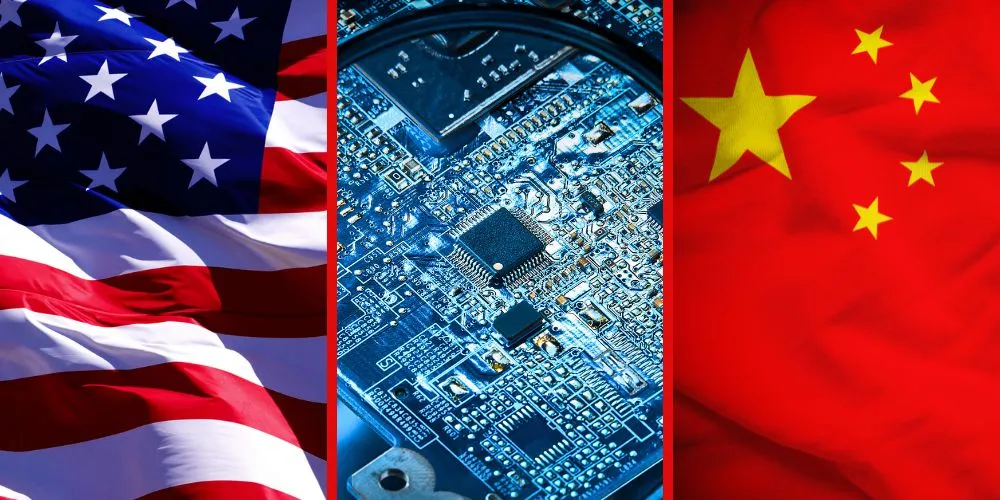Key Points
- The U.S. government has reversed a recent ban on selling chip-design software to China.
- The three dominant firms in the industry—Synopsys, Cadence, and Siemens—are resuming sales.
- The ban had only been in effect since May 23, making this a very quick policy reversal. Shares of the U.S. companies involved rose about 3% on the news.
- The move signals a potential easing of trade tensions, but restrictions on AI hardware remain in place.
In a major policy reversal, the U.S. government has lifted its recent export ban on critical chip-design software to China. The three largest companies in the field—Synopsys, Cadence, and Siemens—all announced on Thursday that they had received letters from the U.S. Department of Commerce informing them that the restrictions had been lifted.
The companies are now moving quickly to resume sales and support for their Chinese customers. The news was well-received by investors, with shares of the U.S.-based Synopsys and Cadence both jumping about 3%.
This move represents a sharp turnaround from the policy implemented on May 23, which required companies to obtain special licenses before selling their essential software to China. It’s essential to note that this change doesn’t impact the existing, ongoing ban on advanced AI chips from companies such as Nvidia and AMD.
The decision is the latest sign of a possible thaw in trade tensions between the U.S. and China, coming just a week after China hinted at progress toward a trade truce.
These three companies are the giants of the chip design software world, controlling over 70% of the global market. Their tools are essential for creating nearly every modern semiconductor. Allowing them to sell to China again is a significant development for the entire tech industry, especially for firms like Synopsys, which gets about 10% of its revenue from Chinese customers.




